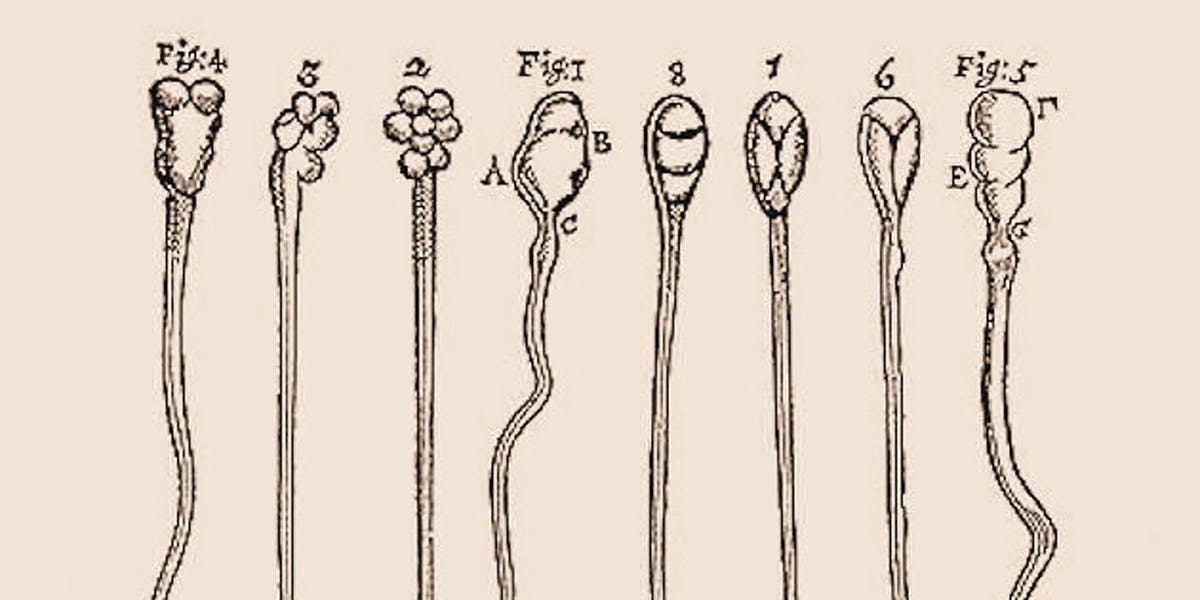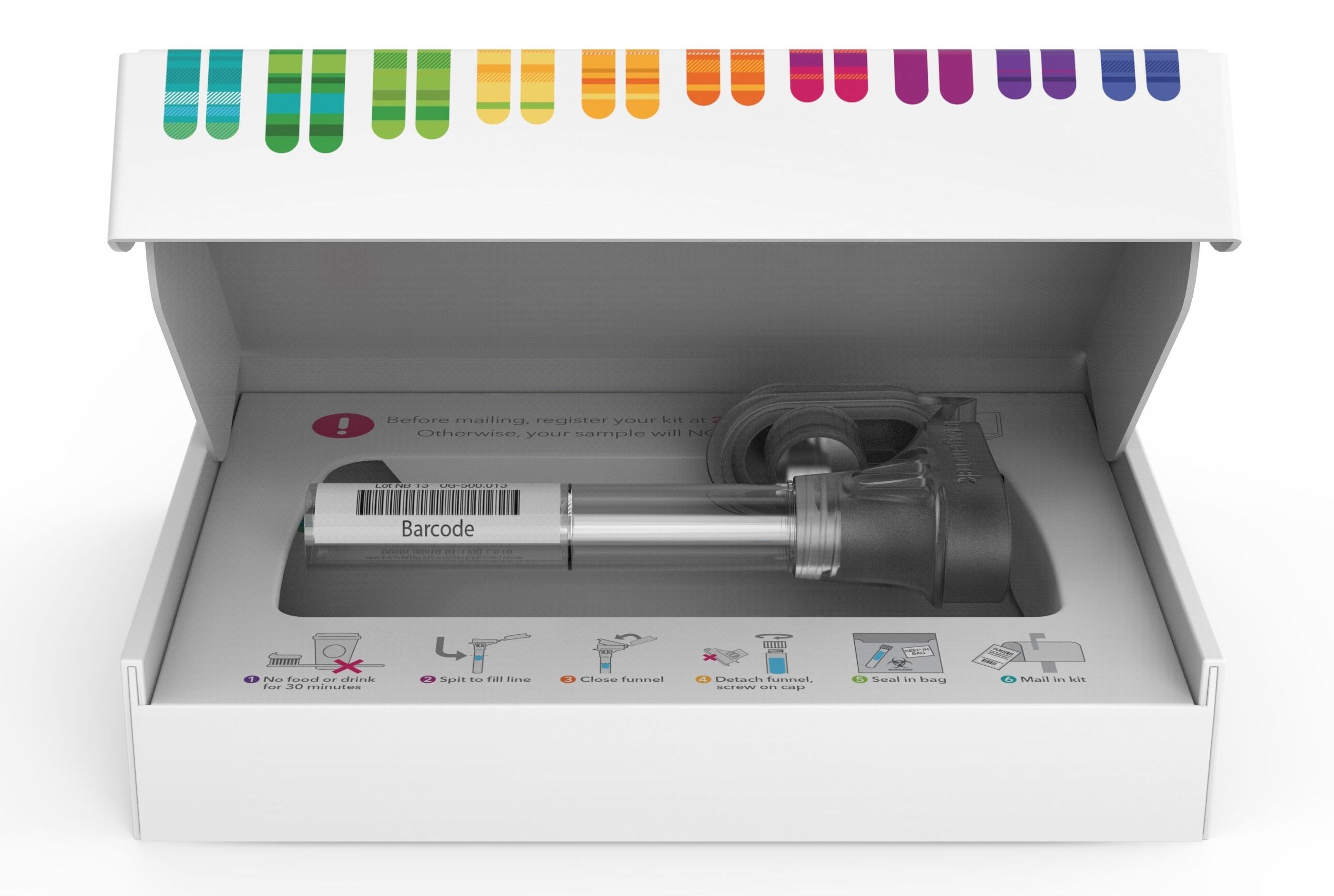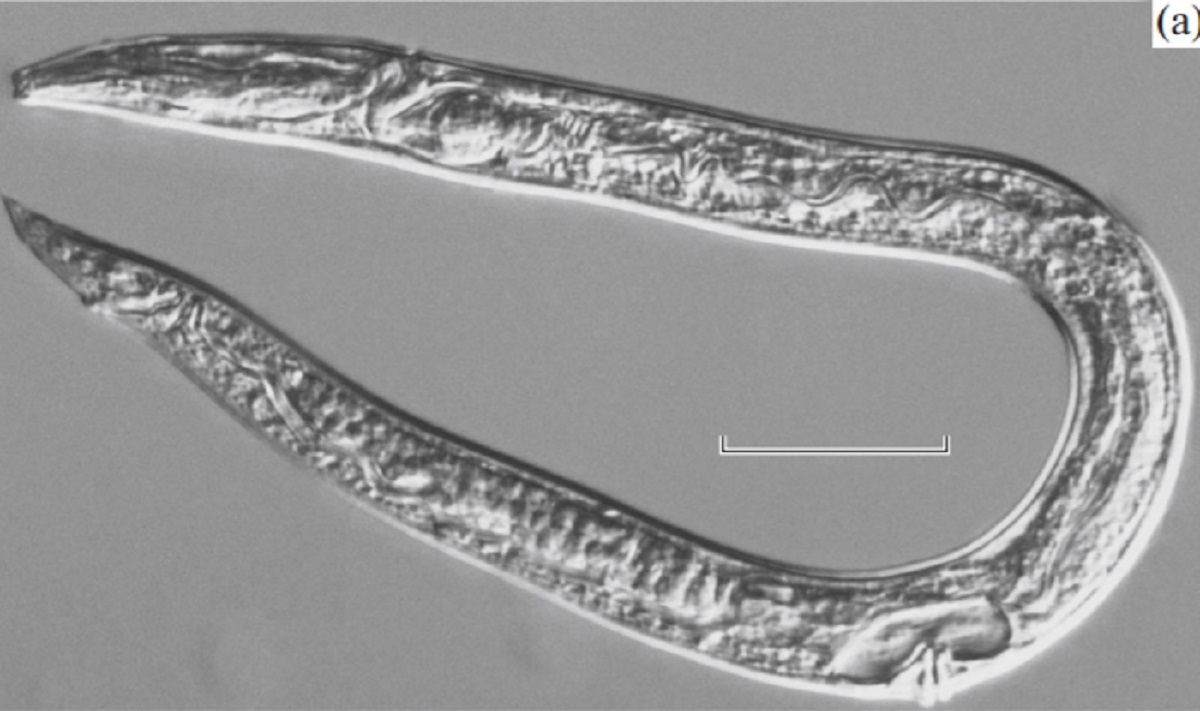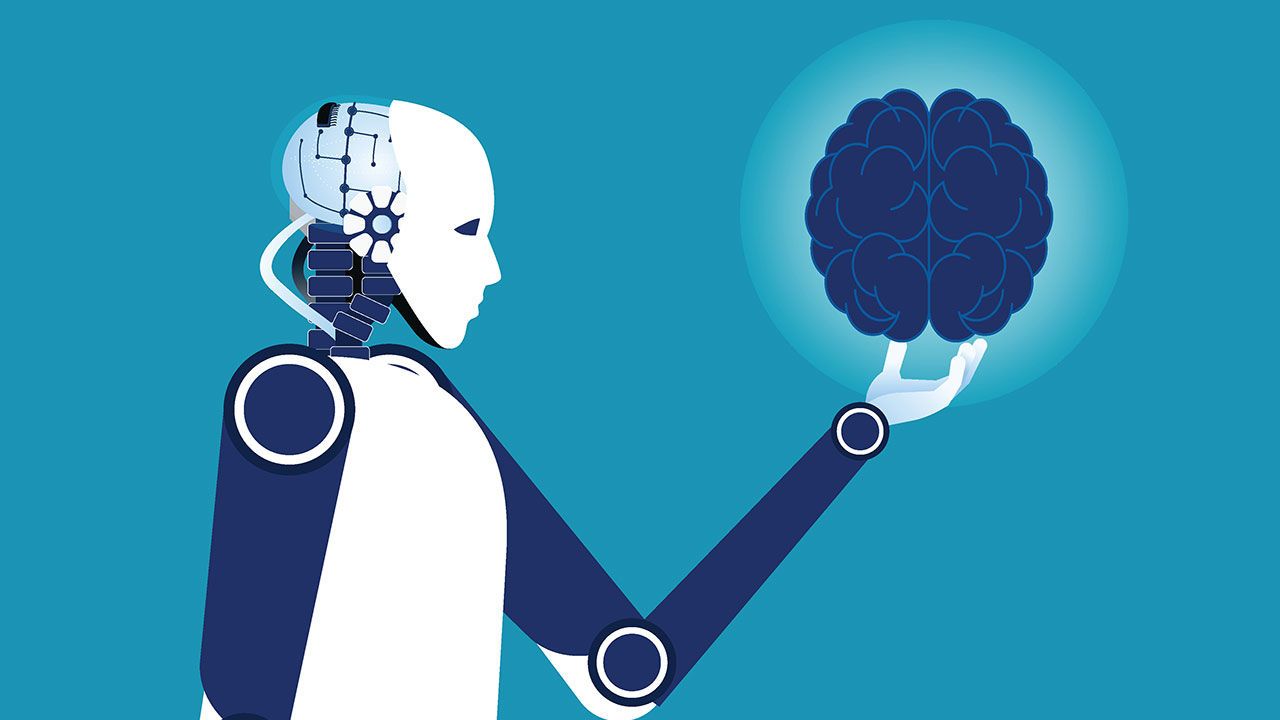
While the rest of the world debates the ethics of designer babies, a team at the University of Massachusetts Medical School (UMass) have shown that we might not need CRISPR to change the genes of future generations. Their paper, released this week in the journal Developmental Cell, shows that things like diet and stress might affect some crucial genetic components of sperm, and that these tiny changes have real effects on how babies develop.
The same way rockets bound for outer space contain “payloads” like satellites, or astronauts who battle giant balls of urine, sperm are also like little rockets containing their own cargo: “small RNAs.” This study found that not only do RNA sequences play a crucial role in how genes get expressed early on in human development, but they can also be radically changed by the lifestyles of fathers. Things like diet, and in particular, stress can change the makeup of this crucial RNA cargo and lead to observable changes in offspring, says researcher Colin Conine, Ph.D., at UMass Medical School’s Rando Lab.
“Labs all over the world have been able to link changes in dad’s lifestyle to changes in RNA in the sperm, and then that leads to phenotypes in the offspring,” Conine tells Inverse. “Our study was one of the first to really look at how changes small RNAs affect early development. We wanted to ask, what are the first steps that lead to these phenotypes down the road?”
Read more

















